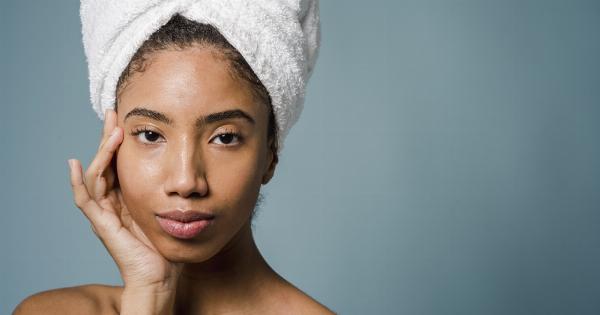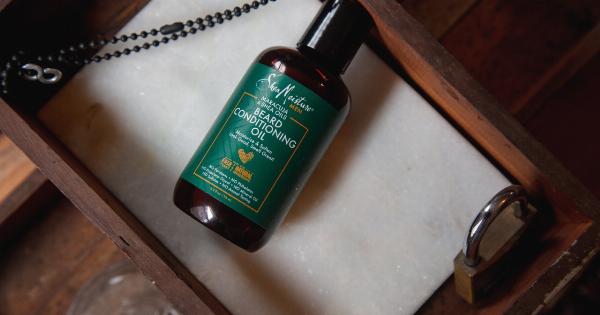For most people, having oily hair is a bothersome issue. Many people try different products and techniques to get rid of hair oiliness but it seems like the problem just won’t go away.
Hair oiliness can be a result of various factors including genetics, lifestyle, and even environment. But what is the science behind hair oiliness? And why is it so hard to manage?.
What Causes Hair Oiliness?
Sebum is a natural oil produced by the sebaceous glands located in the scalp. It is a mixture of lipids that keeps hair and skin moisturized and protected.
Sebum also helps to prevent hair from breaking by providing a healthy amount of slip that reduces friction between hair strands.
The amount of sebum produced by the sebaceous glands can vary depending on the individual’s genetics, hormone levels, and lifestyle. Some people produce more sebum than others, resulting in oily hair.
Additionally, certain habits such as using hot water on hair, over-washing, and not using conditioner can all contribute to the overproduction of sebum in the scalp.
The Role of Microbes in Hair Oiliness
Aside from genetics and lifestyle, the microbes that live on the scalp also play a significant role in hair oiliness. Researchers have discovered that hair oiliness is linked to the presence of specific microbes on the scalp.
These microbes break down sebum and produce byproducts that contribute to hair oiliness.
While some of these microbes are healthy and helpful in maintaining a healthy scalp, others can be detrimental. Certain types of microbes can cause dermatitis, dandruff, and other scalp conditions that contribute to hair oiliness.
The balance of microbes on the scalp is critical to maintaining a healthy scalp and hair.
Managing Hair Oiliness
While it is impossible to completely stop the production of sebum, there are several ways to manage hair oiliness.
Use Sulfate-free Shampoo
Sulfates are harsh chemicals that can strip hair of its natural oils. Using shampoos and hair products that are sulfate-free can help to regulate the amount of sebum produced by the scalp.
Additionally, using hair products that are gentle and moisturizing can help to keep hair healthy and balanced.
Wash Hair Less Frequently
While it might seem counterintuitive, washing hair less frequently can actually help to regulate oil production. Over-washing can lead to dryness, which can trigger the sebaceous glands to produce more sebum to compensate.
As a result, the hair can become oily much faster. To combat this, try washing hair every other day or use dry shampoo in between washes.
Avoid Hot Water
Washing hair with hot water can strip away natural oils and cause the scalp to produce more sebum. Using lukewarm or cool water to wash hair can help to maintain the natural balance of oils on the scalp.
Use Conditioner
Conditioner can help to balance the moisture levels in hair, preventing dryness and excessive oil production. It is important to use conditioner on the ends of hair and avoid applying it to the scalp where it can contribute to oiliness.
Pay Attention to Diet
Eating a healthy and balanced diet can also help to regulate sebum production. Diets that are high in sugar, processed foods, and unhealthy fats can contribute to the overproduction of sebum.
Conversely, diets that are rich in vitamins, minerals, and healthy fats can help to promote healthy hair and scalp.
The Bottom Line
Managing hair oiliness involves balancing the natural production of sebum with proper hair care habits and diet.
While it may take some trial and error to find the right routine, paying attention to the health and balance of the scalp can help to prevent excessive hair oiliness.





























